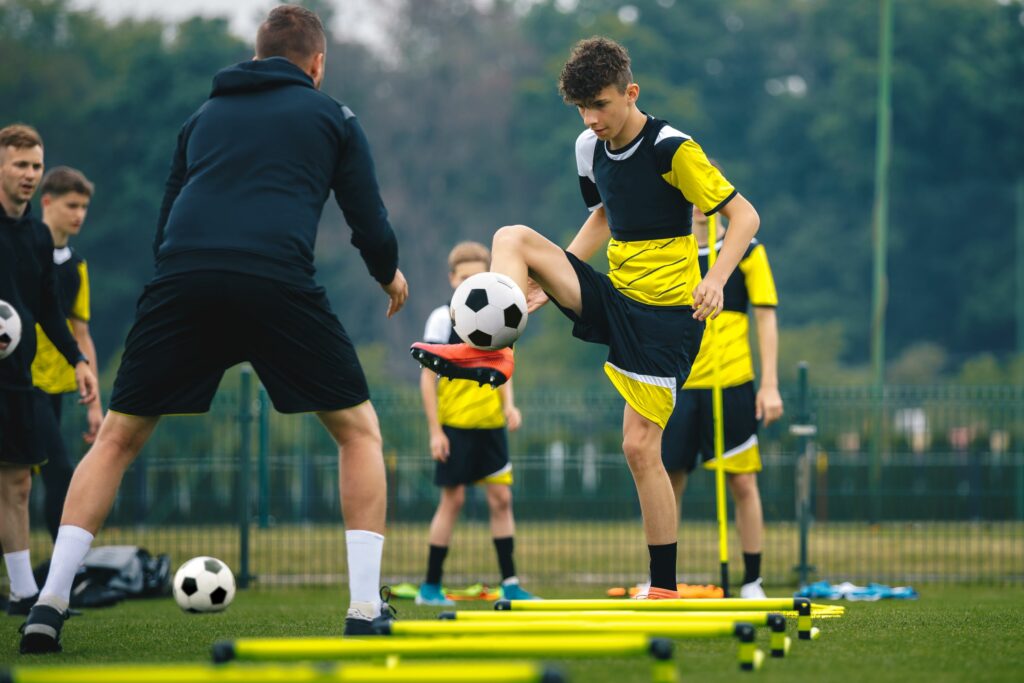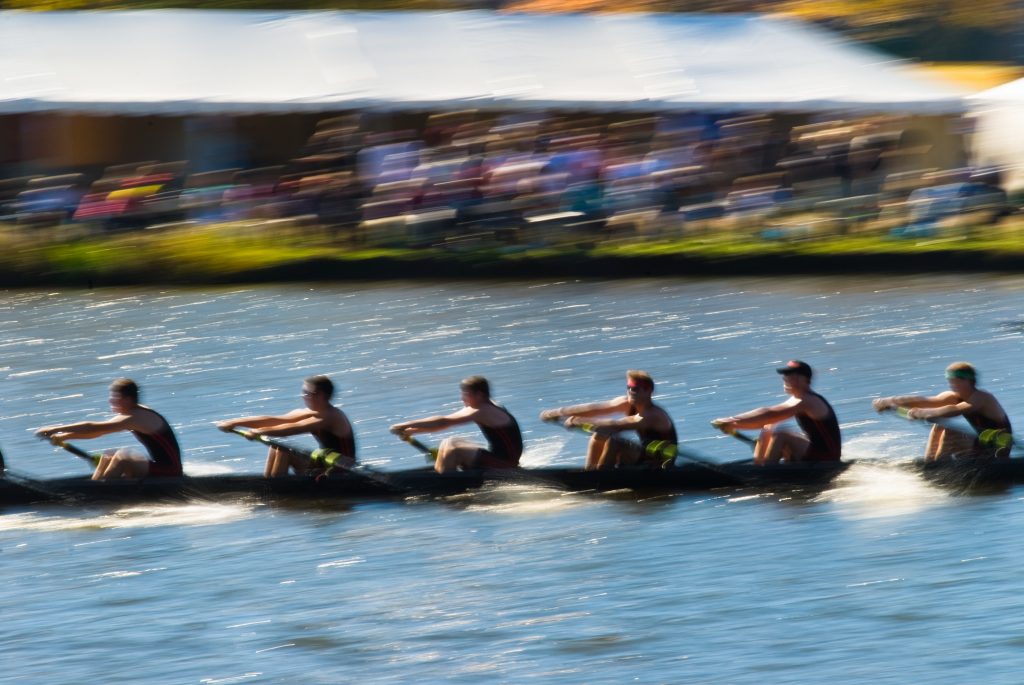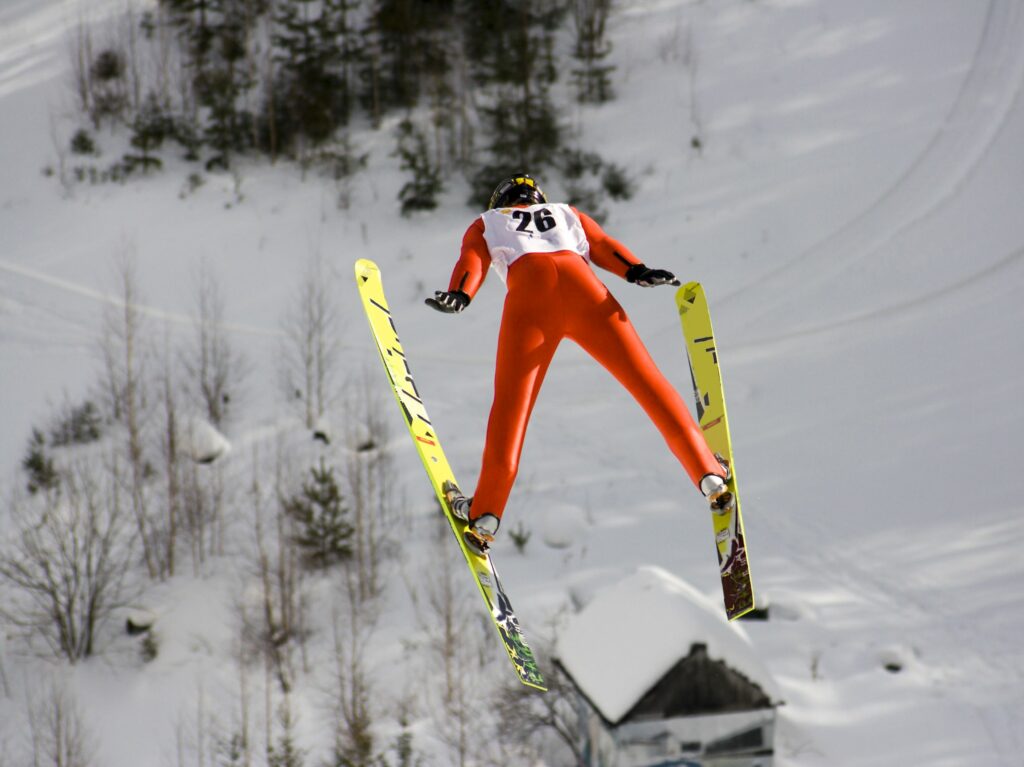Is technology a coach’s ally or Achilles’ heel? 4 questions to ask

Over a coffee, we recently reminisced about different sporting environments we’ve worked in and how many times we’ve seen expensive technological solutions sit in a corner, collecting dust. Perhaps you can relate to the pattern. A new technology hits the market, and a few marquee teams or athletes adopt it. You truly believe that the…
Data-driven decision-making: Easy as 1, 2, 3

In 2017, The Economist boldly published that data, not oil, was the world’s most valuable resource (Parkins, 2017). Sport organizations produce more data than most organizations, ranging from athlete training and performance tracking to business-related information, such as memberships and participation data (Hayduk, 2020). National and provincial/territorial sport organizations (NSOs and PTSOs) are producing and…
Practice pays off
Becoming a Paralympian requires skill, dedication, resiliency, and a lot of practice. A recent study found that Paralympic athletes averaged over 6,400 hours of training during their careers.
Individualized training
An individualized approach to training and development is important for creating effective training programs for Para athletes. Research shows that Para athletes’ developmental pathways and training preferences will vary based on their previous sport experiences, personal preferences, and impairment type.
Para sport research
The Canadian Paralympic Committee’s Paralympian Search Program provides an important platform for research on quality Para sport experiences, patterns in Para athlete development trajectories, and the engagement of underserved populations, such as girls and women, in the Para sport system. Learn more.
Summer 2021 SIRCuit
The Summer 2021 SIRCuit is now available! The SIRCuit is designed to highlight important research and insights to advance the Canadian sport system. With the summer Olympic and Paralympic Games in Tokyo on the horizon and the winter Games in Beijing just around the corner, this edition of the SIRCuit dives into issues and trends that will…
Holistic approach to athlete development
A holistic approach to athlete development considers the interconnections between different spheres of an athlete’s life, and recognizes their impact on performance. Whether athletes are struggling with the ongoing impacts of the pandemic, relocation, injury, or the end of a relationship, coaches and IST members can support them in evaluating the impact across the spheres…
To select, or not to select
Identifying and selecting athletes at a young age is a contentious practice in sport. Keeping as many athletes in the system for as long as possible means more chances at success, but resources are often limited, and at some point, difficult decisions need to be made. Learn more about the pros and cons of early…
Sport specialization beliefs
Youth athletes may experience increased pressure to specialize when involved in club-level sport. Research discovered club coaches were more likely to possess attitudes in favor of sport specialization, when compared with high school coaches. Early sport specialization has been associated with negative physical and psychological outcomes including overuse injuries, dropout from sport, burnout, and lower…
Strengthening Collaboration in Canadian Sport: Exploring a Nordic Strategy

Anyone who spends time in the world of sports—competing, coaching, supporting, or spectating—has heard their fair share of inspirational quotes. From “alone we go faster, together we go further” to “teamwork makes the dream work,” the strength of the team is a central feature of stories about success in sport. But what if we told…